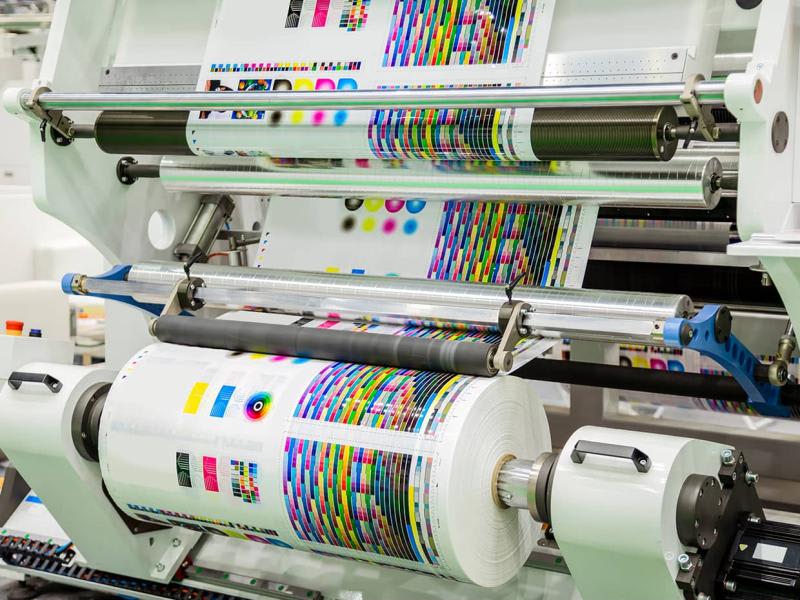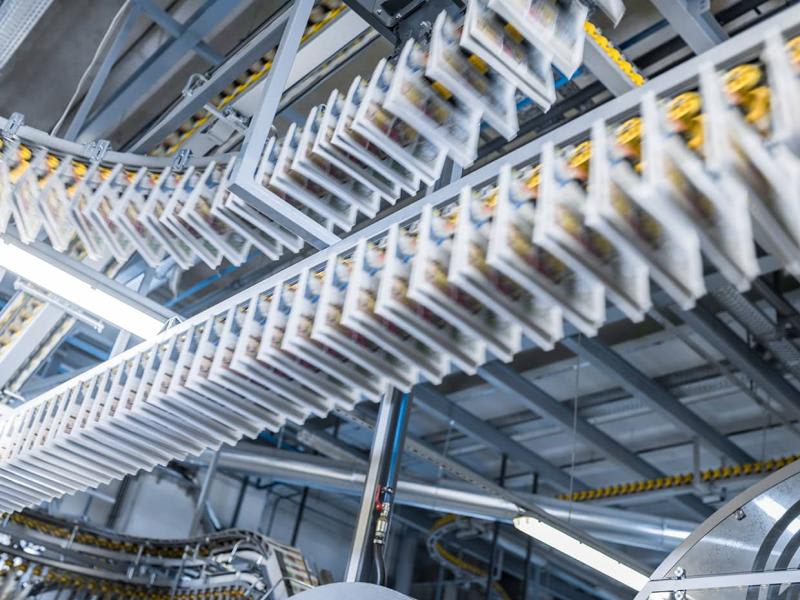Food and beverage manufacturers continue to face Covid-driven challenges around supply chain and working capital, with cashflow a key concern in 2023 given high inflation and rising interest rates.
There are signs that payment times are drifting out within the manufacturing sector.
One of the ways to keep cash flow ticking over in challenging times is to make better use of government incentives and grants. Already as business ramps back up from the Christmas break, we are seeing manufacturing clients taking a keener interest in seeking grants and accessing other tax breaks. Government incentives and grant programs can enable businesses to continue to develop new and innovative products and processes.
The two main categories relevant to food and beverage businesses are research and development, and grants.
Research & Development (R&D) - act before April 30
For eligible R&D activities, the Federal Government’s primary mechanism of support is the R&D Tax Incentive.
The program comprises two tiers:
- For companies with an aggregated turnover of less than AU$20 million, a refundable tax credit of up to 43.5% of eligible costs; and
- For larger companies (AU$20million+ aggregated turnover), a non-refundable tax credit of between 8.5% and 16.5% of eligible costs.
Put simply, for a company that spends $500,000 a year on eligible R&D activities in Australia, there is an R&D cash benefit of between $42,500 and $217,500 depending on your size and tax position.
The R&D Tax Incentive program is an annual program jointly administered by the ATO and AusIndustry, which is self-assessed and broad-based, so it is not specific to any industry.
Eligible companies have up to 10 months post-financial year end to make a claim.
Critically, this means that potential R&D claimants have until 30 April 2023 to lodge an R&D Application for the financial year ended 30 June 2022. The benefits can then be accessed via the company’s Income Tax Return.
Additionally, the immediate tax deduction currently available for assets used in R&D can further increase the benefits of an R&D claim (available until 30 June 2023).
Eligible R&D activities can range from the development of new plant-based protein such as meat replacement products, trialing new or local ingredients in food and beverage products (for example Kakadu Plum, Lemon Myrtle), producing non-alcoholic wines and beers, right through to implementing new high-speed manufacturing processes or production lines.
An R&D advisor can assist in identifying eligible R&D activities and associated costs, as well as advising on documentation requirements and governance processes to support you through the annual R&D claim process.
State and federal grant options
In addition to these R&D options, various grant programs may be available for your business’ manufacturing and production activities or site development.
This could include factory expansion, attracting regional talent, building a new manufacturing facility, or solving challenges faced by the industry.
Grants might be offered by both State and Federal governments as well as corporates. For example, the Coles Nurture Fund aims to help Australian food and liquor producers innovate and grow.
Grants can also be industry-specific, such as the Wine Tourism and Cellar Door grant which provides wine and cider producers with an annual grant of up to $100,000 for their eligible cellar door sales.
Other grants include the Export Market Development Grant (EMDG) administered by Austrade to assist your company with export activities to take your product into global markets.
The grant landscape is ever-changing. Grant opportunities can be open for specific rounds of funding or available continuously throughout the year.
Be sure to speak to a Grants Advisor to find out what might be available to you.






